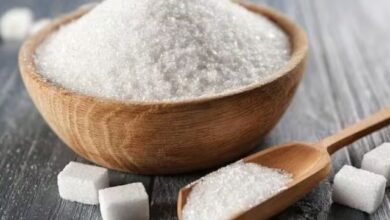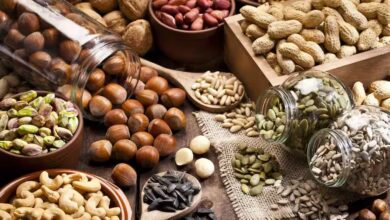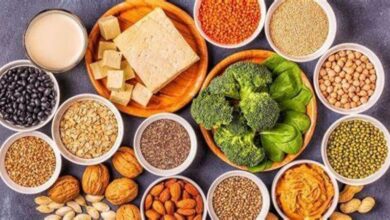Which is better for your health, butter or ghee?
Butter and ghee often start conversations about their health benefits. There are parallels in the calorie and fat contents of both dairy products. Ghee, or clarified butter with milk particles removed, is particularly noteworthy for those who are sensitive to casein or lactose.

Because of its higher smoke point, ghee is perfect for cooking at high temperatures, while butter works best in particular dishes because of its unique dairy flavor. Consider your dietary requirements and culinary tastes when selecting between these two, since ghee and butter each have their distinct nutritional profiles and culinary uses. To help you make a decision, let’s compare the characteristics that set the two apart.
Cooking at a high temperature:
When it comes to cooking fats, ghee is unique, particularly at high temperatures. Its smoke point is greater than butter’s, so you may fry and sauté it without worrying about it burning or releasing toxic components. Ghee’s stability at high temperatures is also attributed to the lack of milk solids in it.
Aroma and taste: Ghee has a unique, nutty flavor that intensifies during the clearing process. It enhances the flavor of food by giving it a deep, aromatic addition. Contrarily, butter has a stronger dairy flavor, which makes it maybe better in certain dishes.
Cholesterol content: It is important to consider the cholesterol level of butter and ghee when making comparisons. The cholesterol content of ghee is somewhat greater than that of butter. A tablespoon of butter has 100 calories, whereas a tablespoon of ghee contains 130. Although both increase total cholesterol consumption, moderation is essential, particularly for those trying to control their cholesterol levels.
Casein and lactose: Ghee is a better choice for those who are allergic to dairy products or have a lactose intolerance. For those who have problems with dairy, ghee may be a safer option since the clarifying process eliminates the majority of the lactose and casein.
Nutrient content: Butter and ghee have comparable fat and calorie contents, however they differ in their clarifying method. Ghee’s elimination of milk particles offers purer butterfat with somewhat greater saturated fats, although it supplies critical fat-soluble vitamins including A, E, and D.







